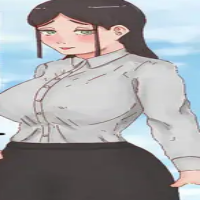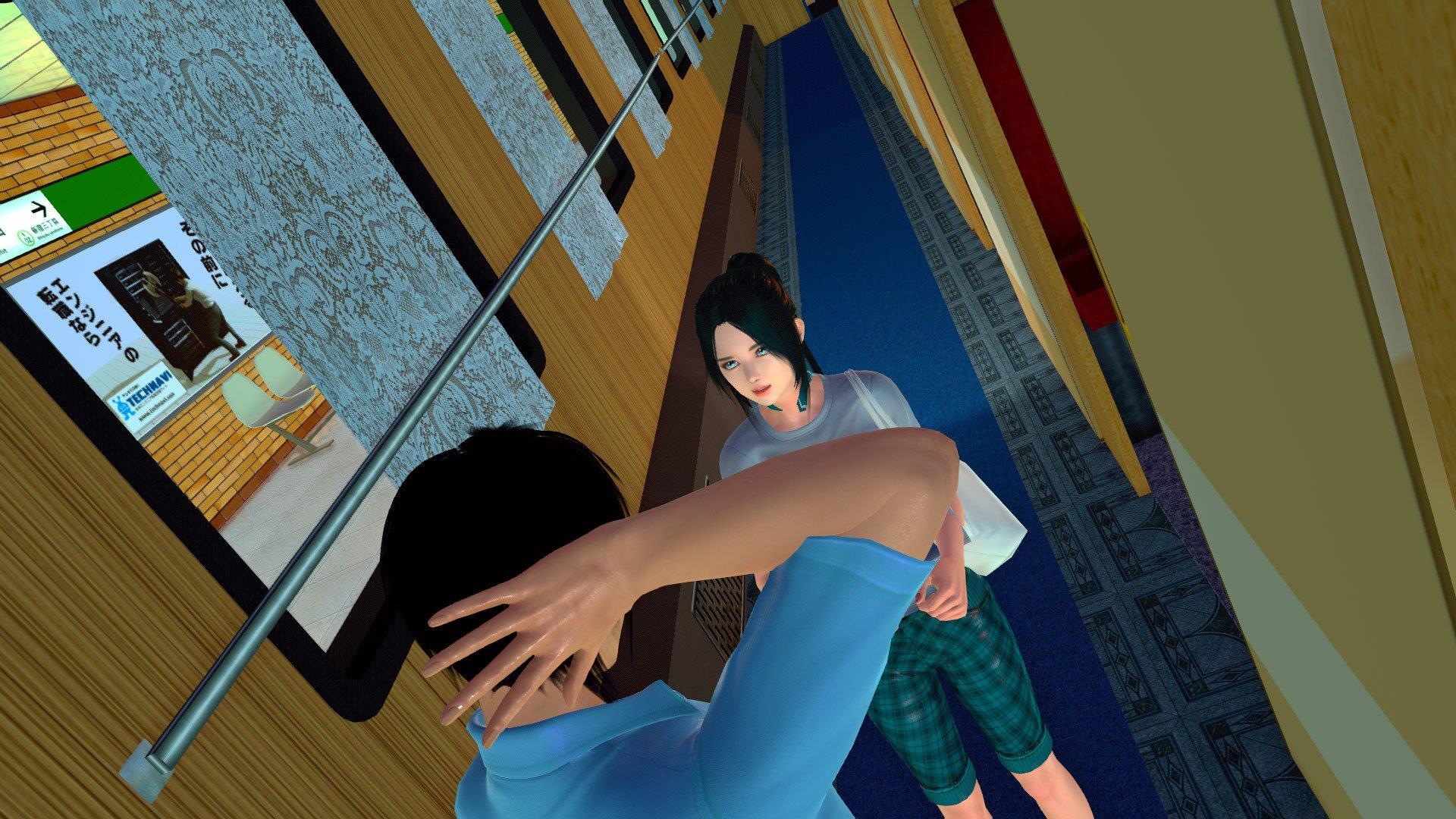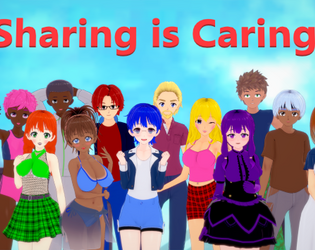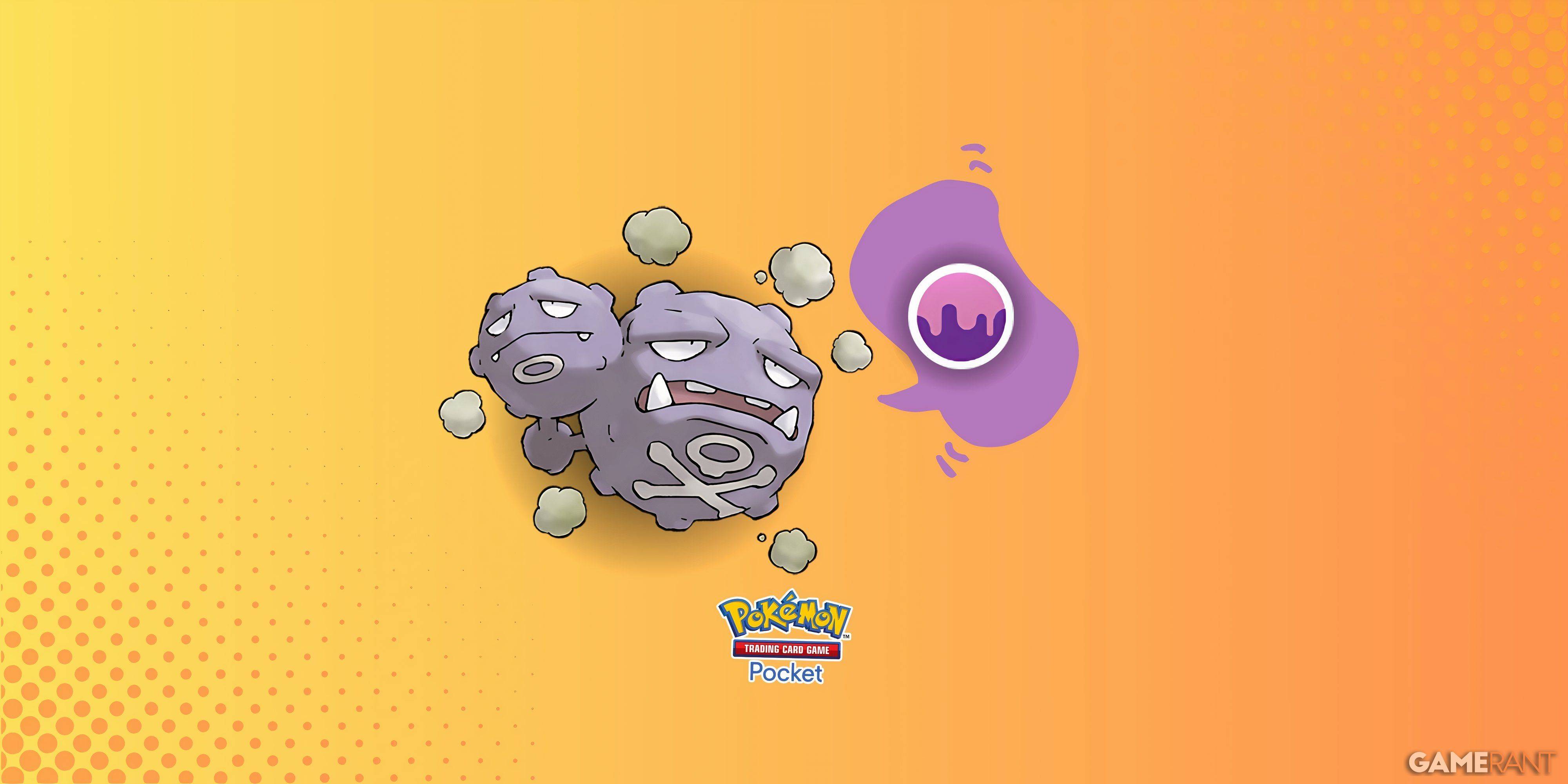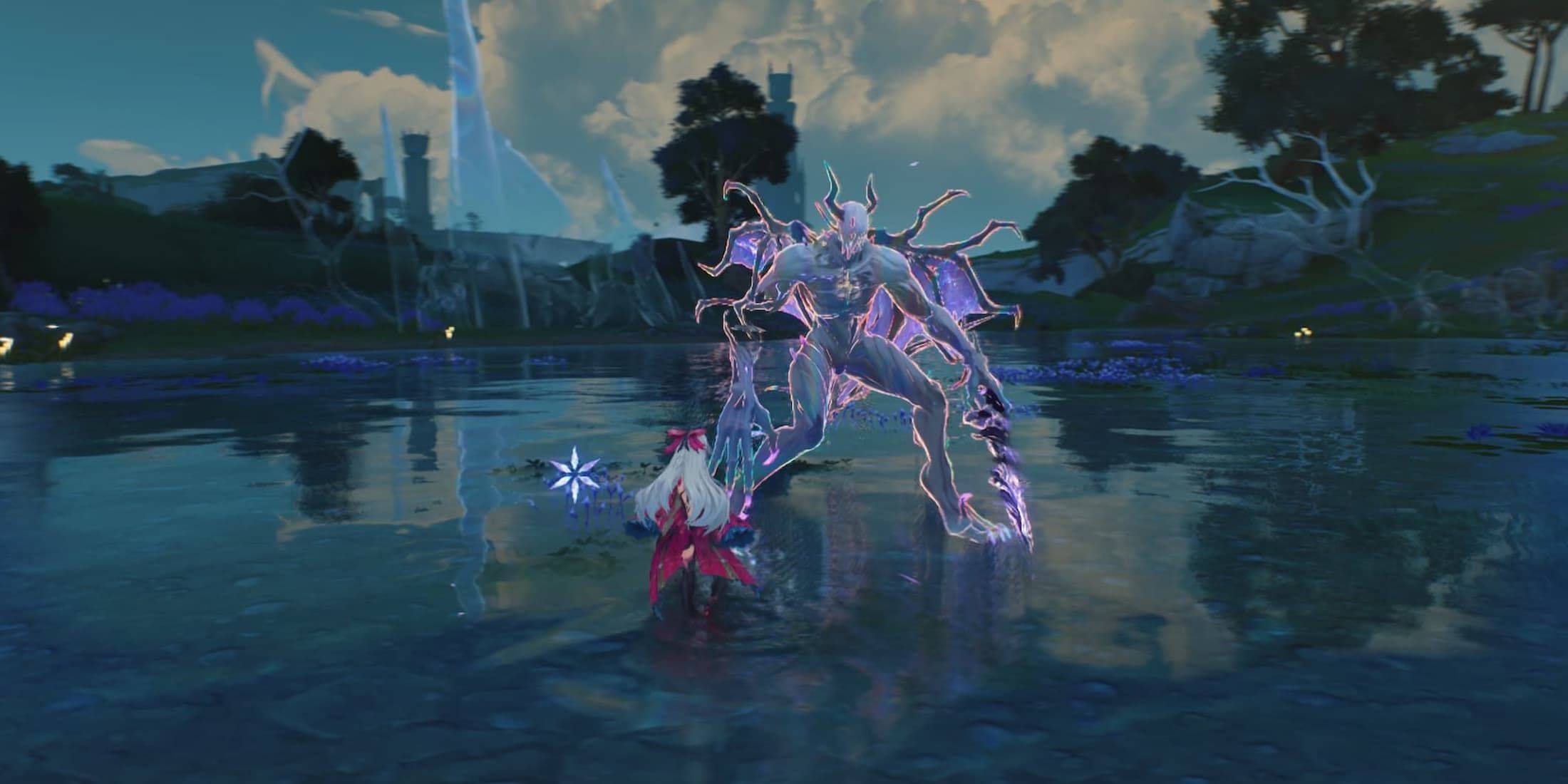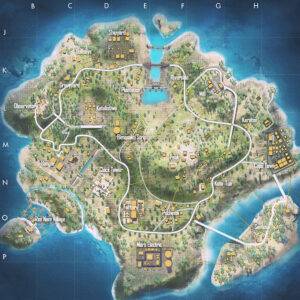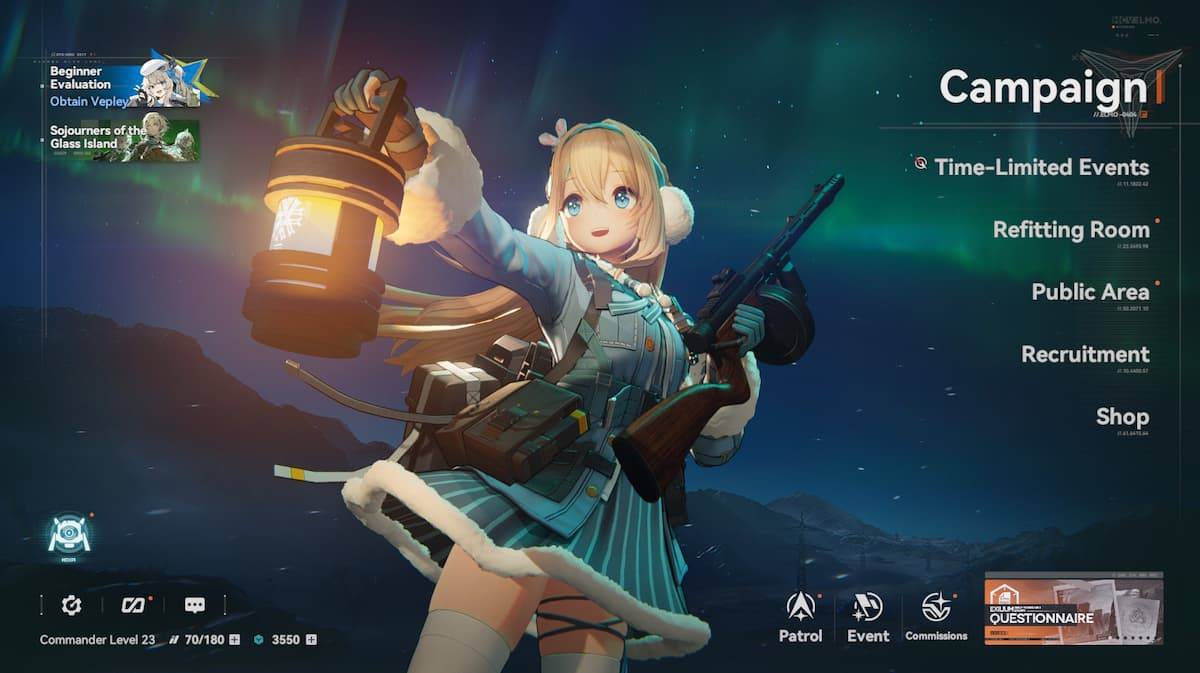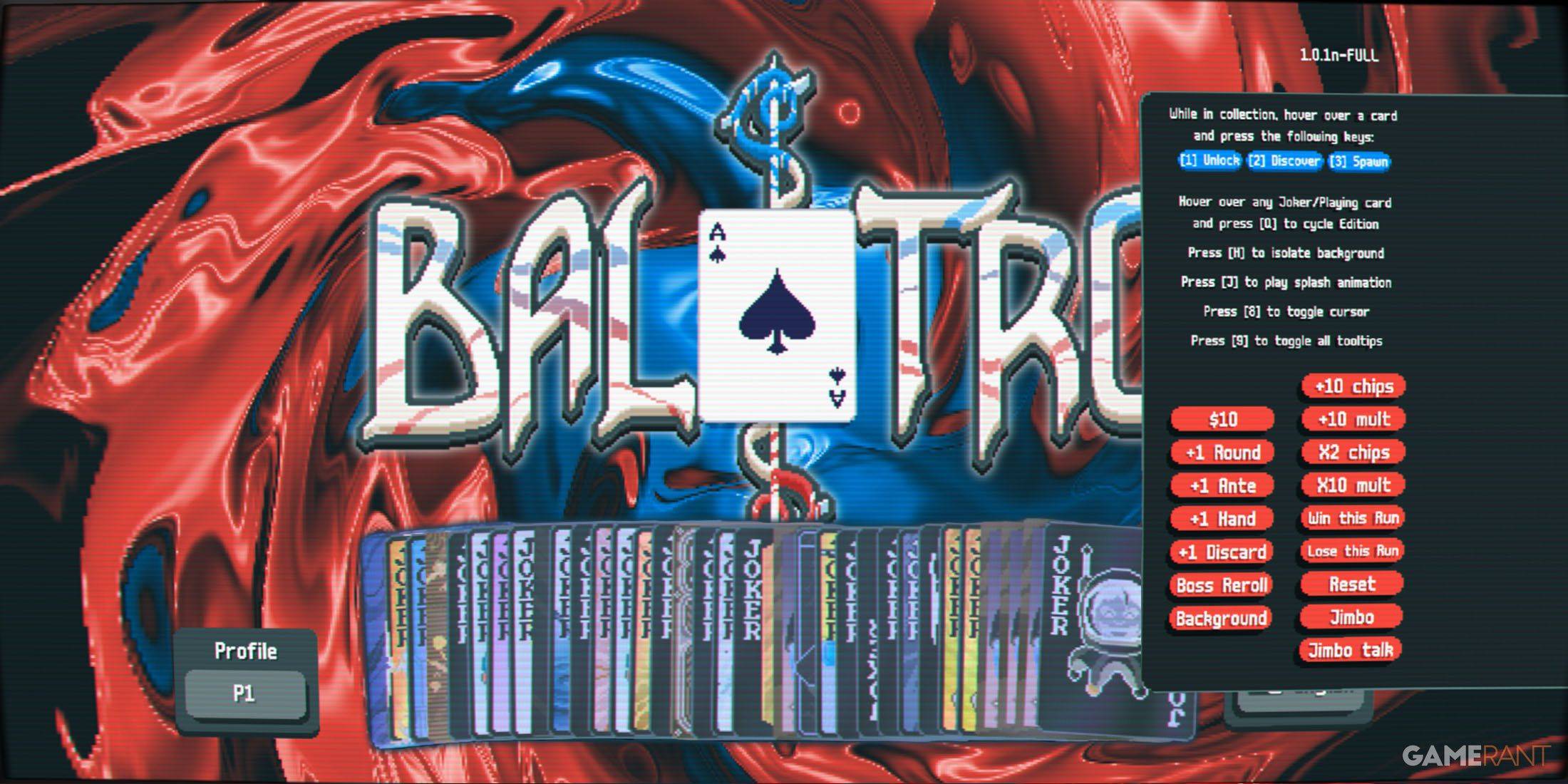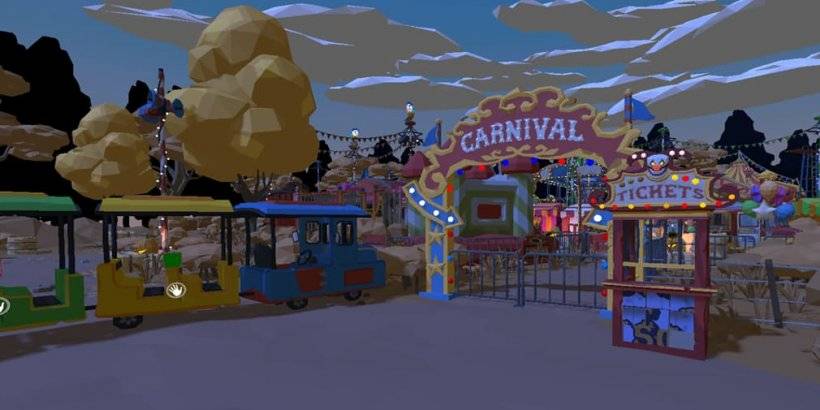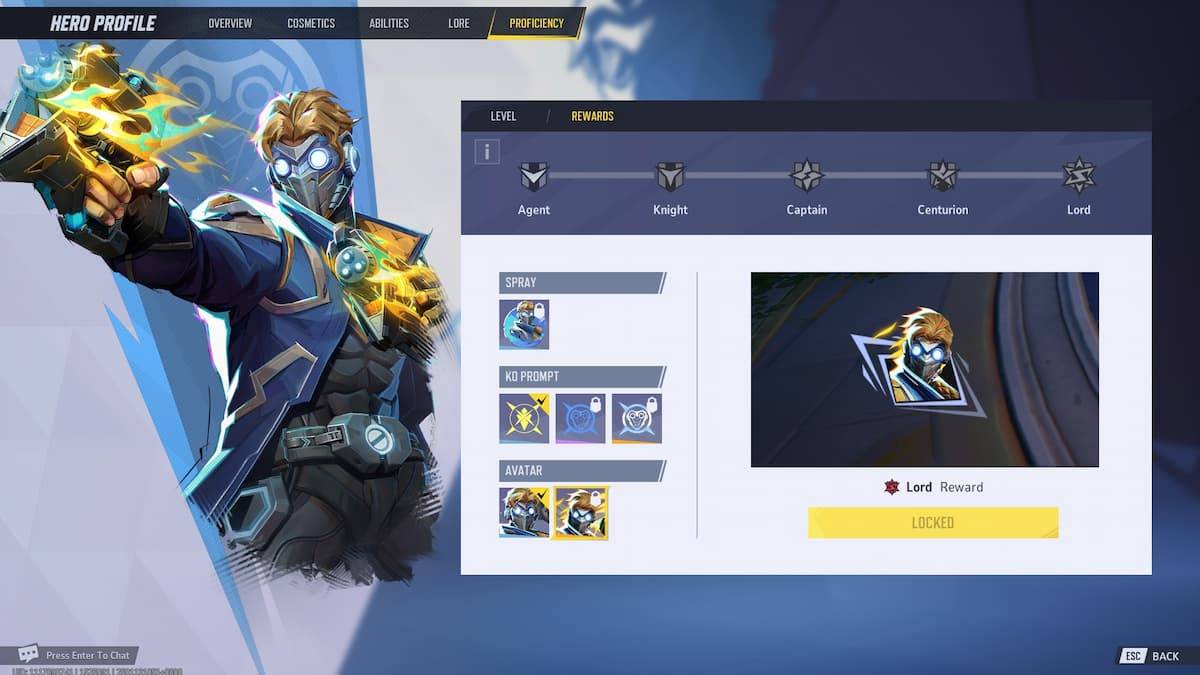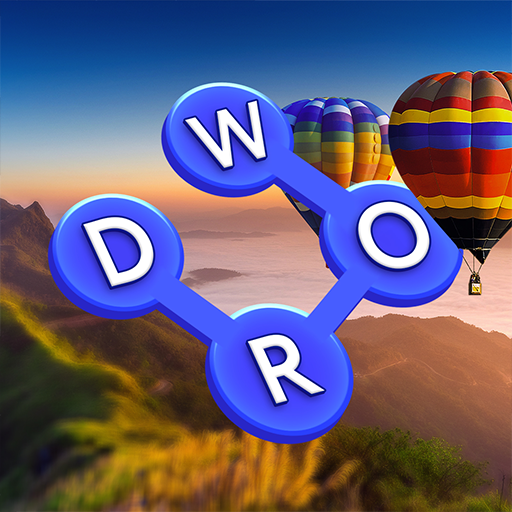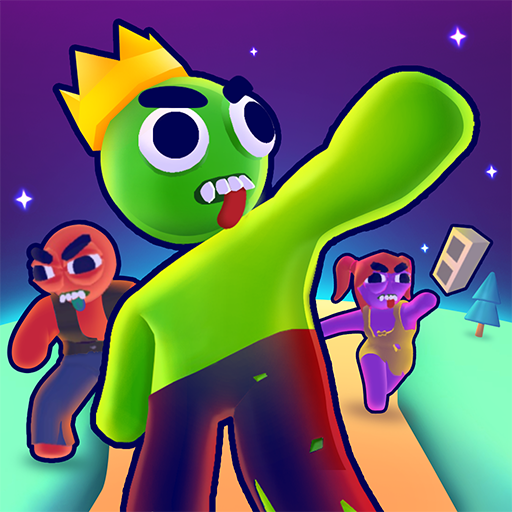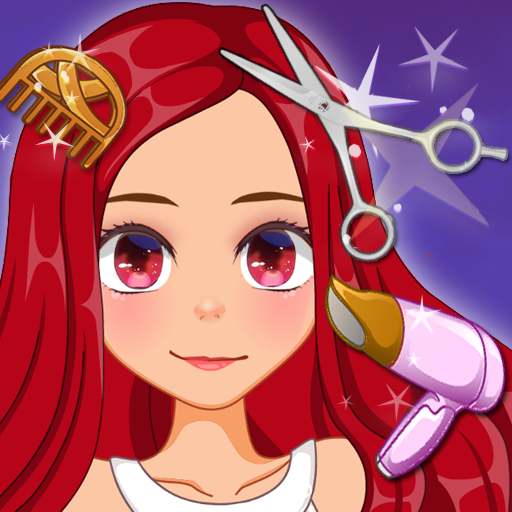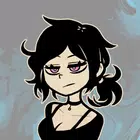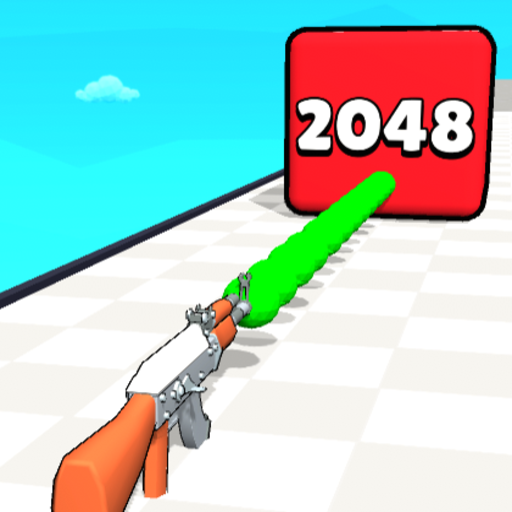Ōkami 2 — Capcom, Hideki Kamiya, and Machine Head Discuss Hotly Anticipated Sequel in Exclusive Interview
Twenty years after the original Ōkami's release, Amaterasu, the sun goddess and source of all goodness, makes a surprising return in a highly anticipated sequel. Announced at The Game Awards, this project reunites director Hideki Kamiya (now leading his own studio, Clovers) with Capcom (publisher) and Machine Head Works (a studio of Capcom veterans). The team boasts a blend of seasoned Ōkami developers and fresh talent, promising a continuation of the original vision.
While details remain scarce, IGN recently interviewed Kamiya, Capcom producer Yoshiaki Hirabayashi, and Machine Head Works producer Kiyohiko Sakata in Osaka. The interview revealed the genesis of the sequel, the strong Capcom-Kamiya relationship, and the roles of each studio.
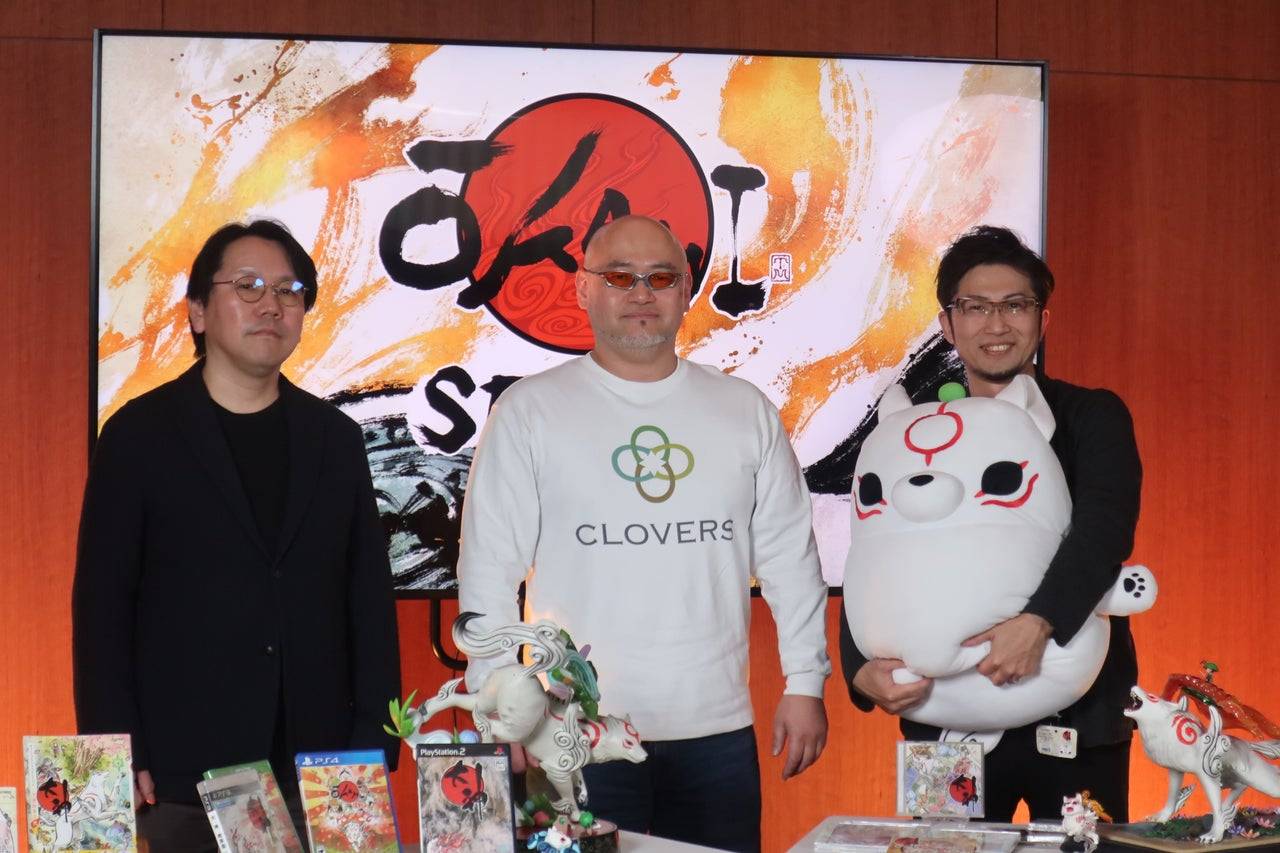
IGN's Q&A Highlights:
-
Kamiya's departure from PlatinumGames: Kamiya sought creative freedom to develop games reflecting his unique vision. He emphasizes the importance of the developer's personality in shaping the player experience. His new studio, Clovers, aims to foster this creative environment.
-
Defining a "Hideki Kamiya game": Kamiya prioritizes unique and unforgettable gameplay experiences over adhering to a specific style.
-
Clovers and Clover Studio: The name "Clovers" is a nod to Kamiya's time at Capcom's fourth development division (Clover Studio), symbolizing creativity (the "C" in "Clovers" is repeated four times, mirroring the four-leaf clover).
-
Capcom's involvement: Capcom always intended to create an Ōkami sequel, and Kamiya's departure presented the perfect opportunity. The collaboration is fueled by mutual respect and a shared passion for the IP.
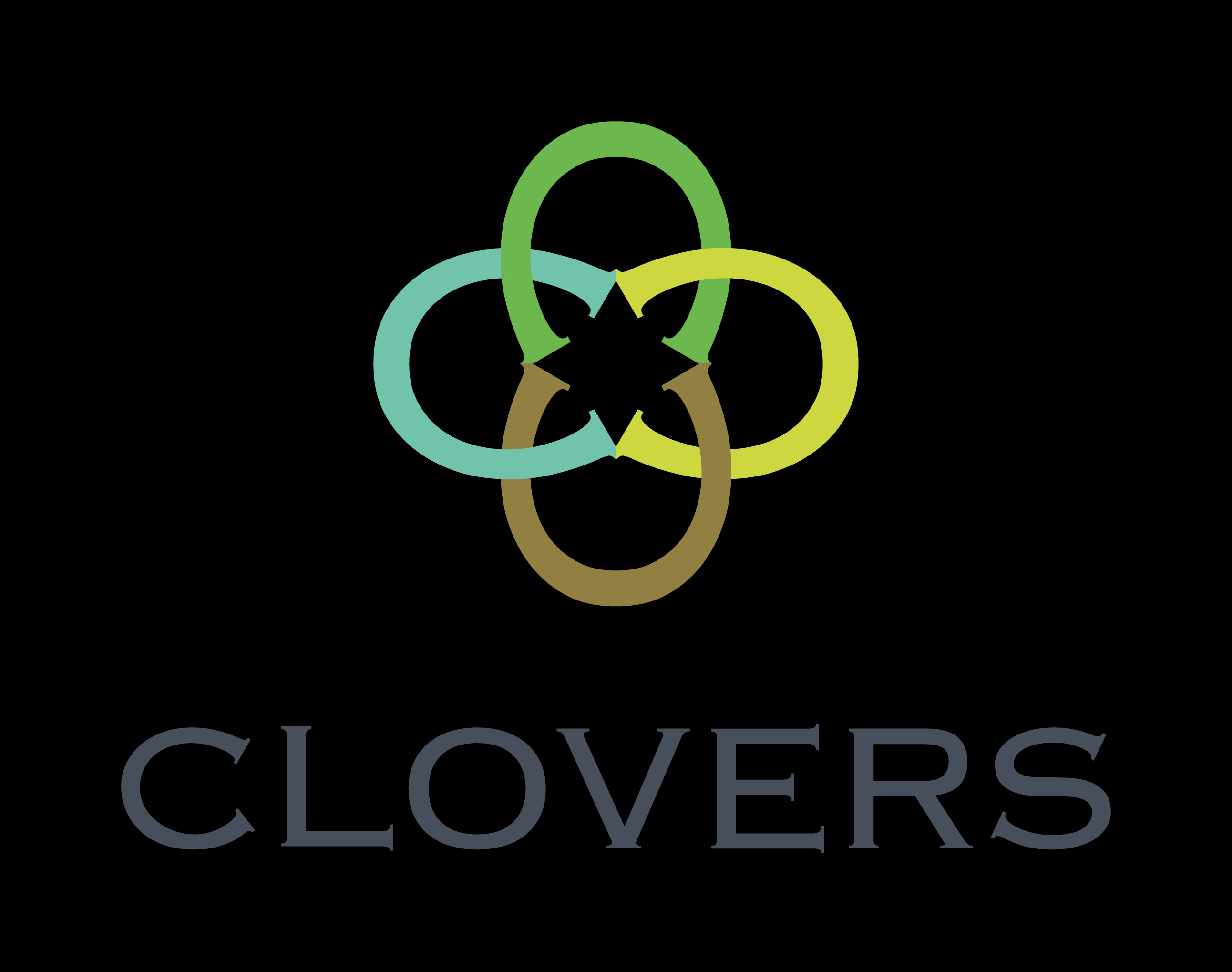
-
The sequel's inception: The idea for a sequel has been a long-held desire for both Kamiya and Capcom, casually discussed for years before becoming a reality.
-
Machine Head Works' role: This relatively new studio acts as a bridge between Clovers and Capcom, leveraging its experience with Capcom's RE Engine and its Ōkami development history.
-
RE Engine's use: The RE Engine is crucial for realizing Kamiya's artistic vision, enabling previously unattainable visual goals.
-
Ōkami's enduring appeal: Despite initial commercial perceptions, Ōkami's continued popularity and steady sales prompted Capcom to pursue a sequel. The team was surprised and heartened by the overwhelming fan response to the sequel announcement.
-
Team composition: The sequel's team is considered stronger and more experienced than the original's, incorporating talent from both Ōkami and PlatinumGames.
-
Control scheme: The team acknowledges the need to balance modern gameplay expectations with the preferences of original Ōkami fans. They aim for an improved control system while retaining the essence of the original.
-
The sequel's status: Development is in its early stages, having begun this year. The early announcement at the Game Awards was driven by excitement and a desire to share the news.
-
The sequel's story: The sequel is a direct continuation of the original Ōkami's story, featuring Amaterasu. Ōkamiden’s reception is acknowledged, but the sequel focuses on a direct continuation of the main storyline.
-
Inspirations: The developers cited various influences, including Takarazuka stage shows (Kamiya), Gekidan Shiki theatre (Sakata), and the Gundam GQuuuuuuX movie (Hirabayashi).
-
Defining success: Success is defined by the team's satisfaction, positive fan reception, and the creation of a game enjoyable for both experienced and new gamers.
-
Future plans: Clovers and Machine Head Works aim for long-term sustainability, focusing on collaborative projects and potentially developing their own IPs in the future.
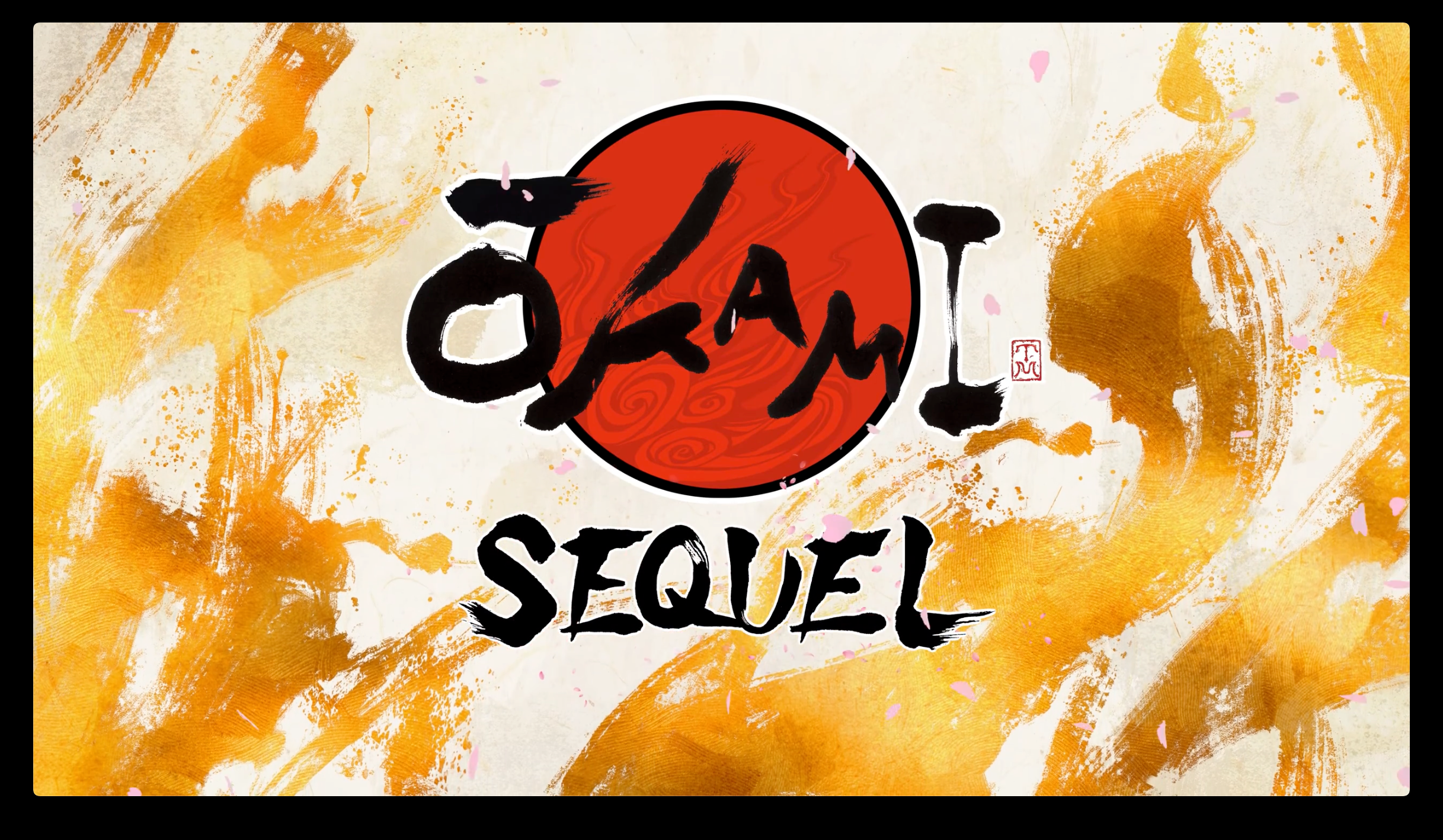

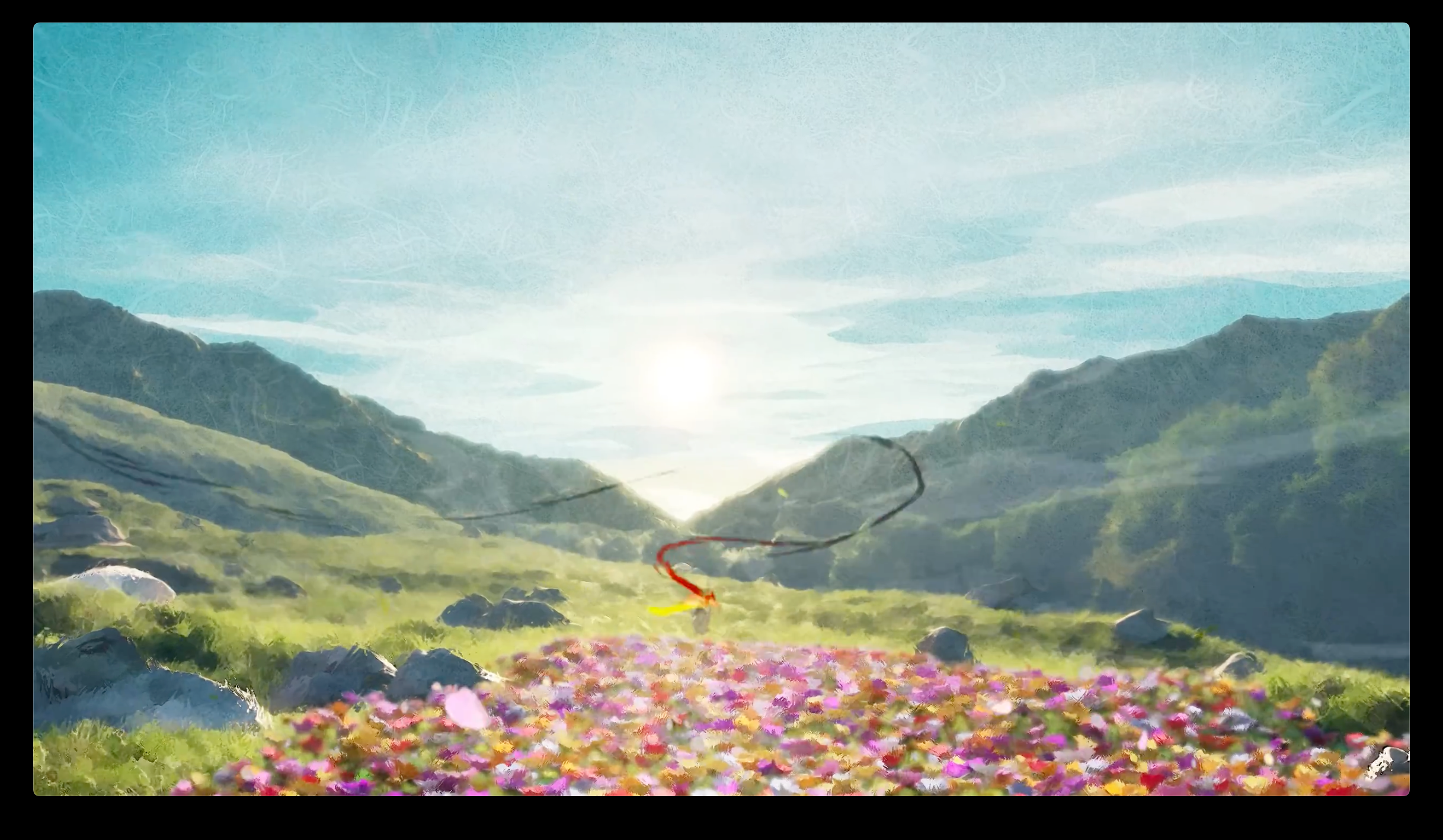
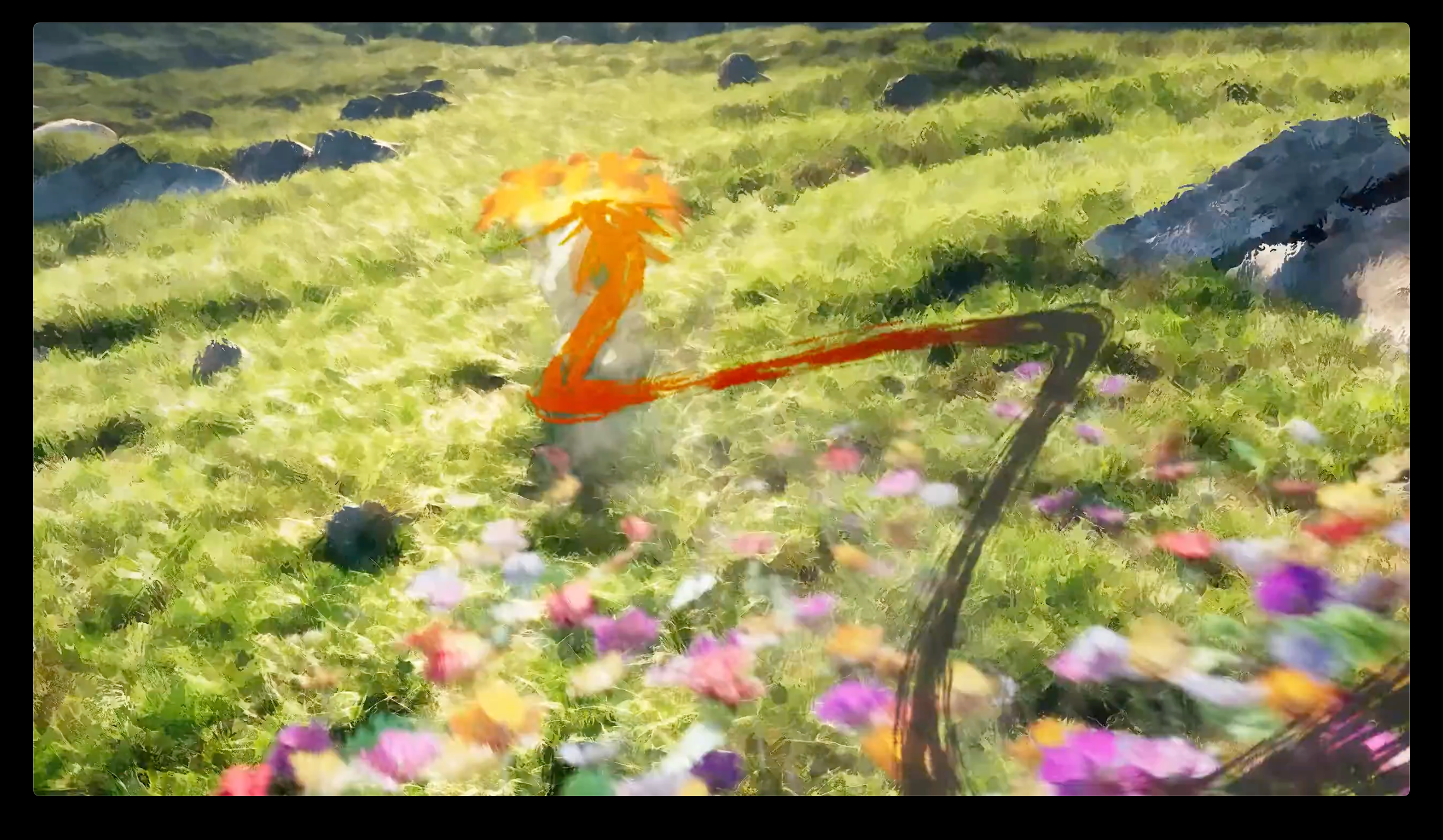

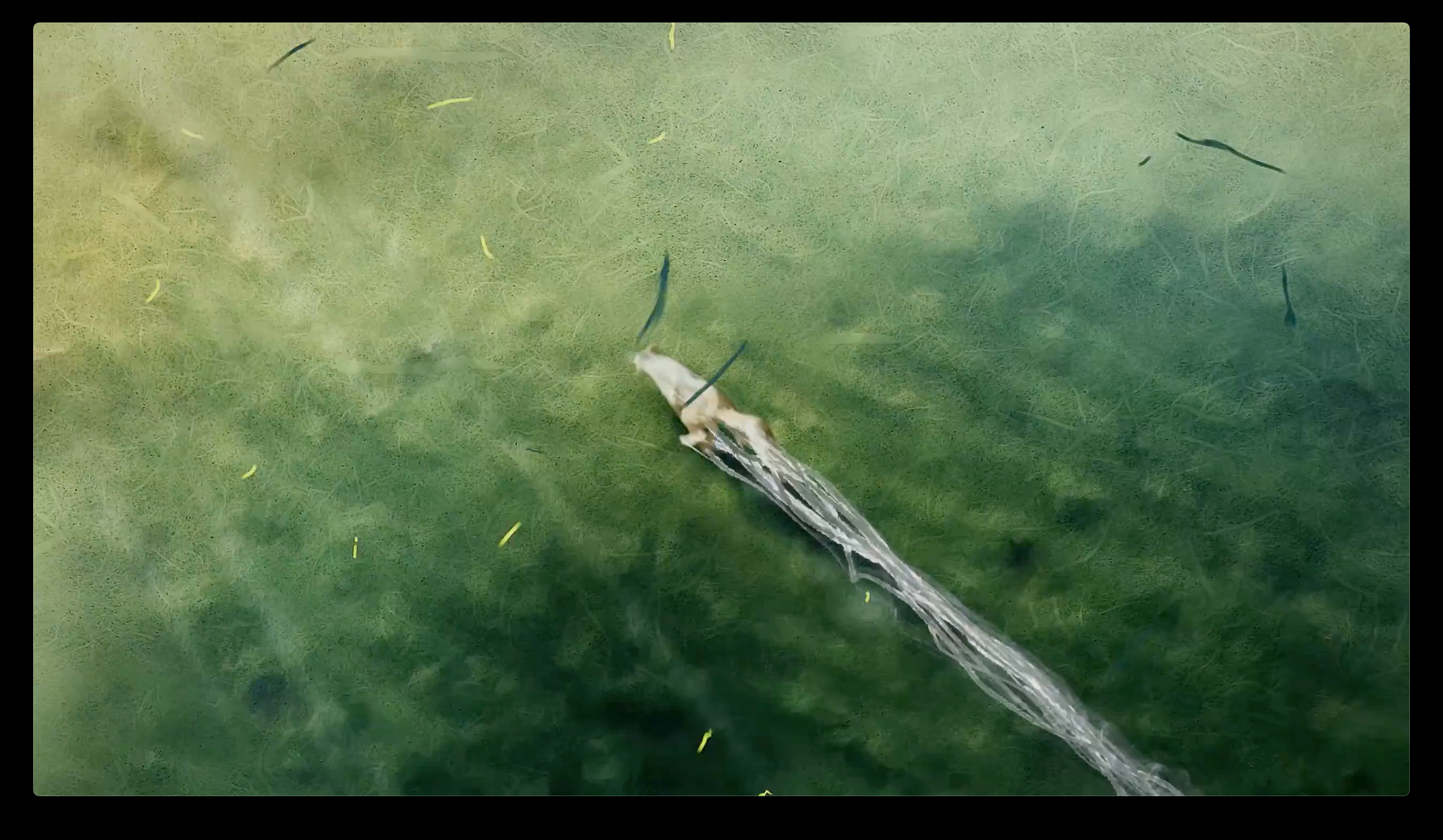
The interview concluded with heartfelt messages to fans, expressing gratitude for their support and promising a sequel that will live up to expectations.



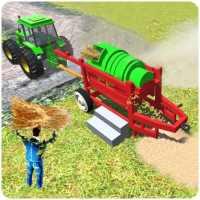
![Taffy Tales [v1.07.3a]](https://imgs.anofc.com/uploads/32/1719554710667e529623764.jpg)


